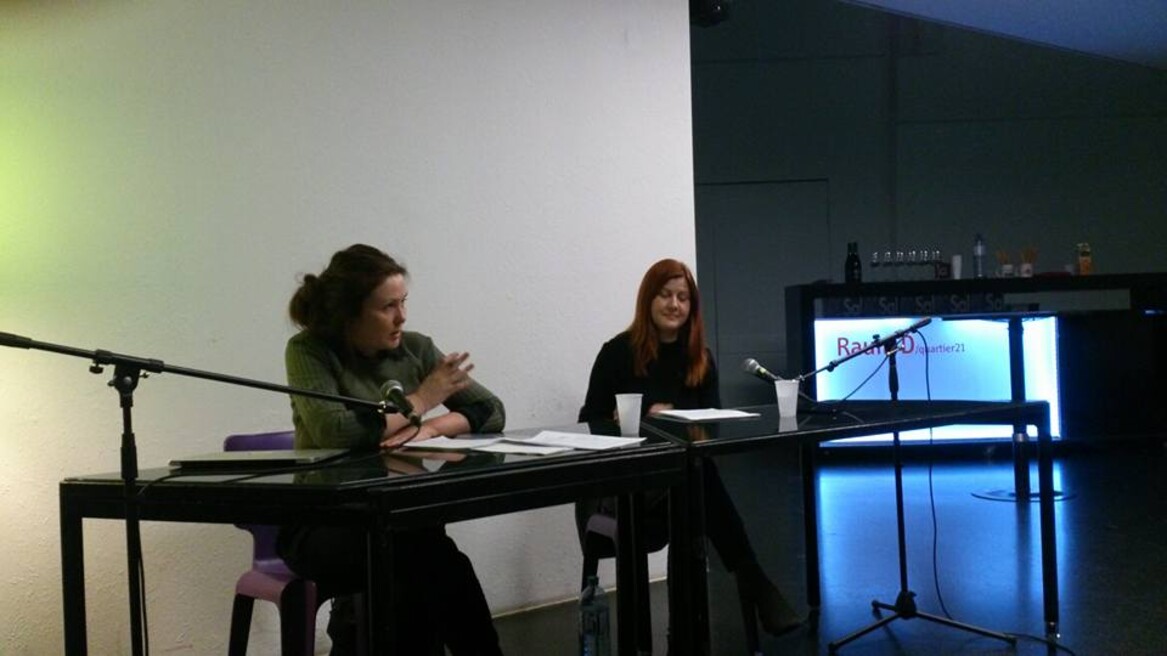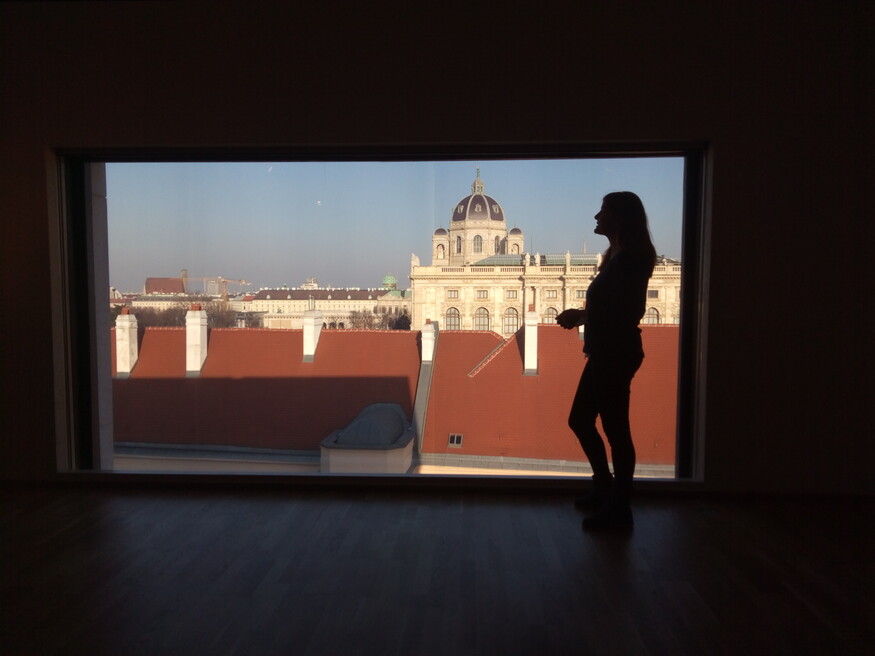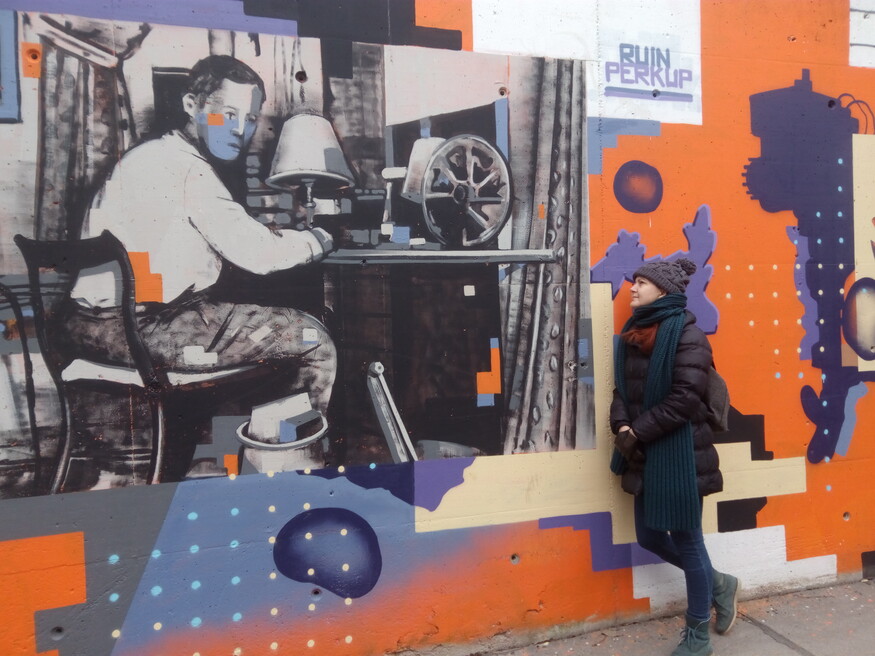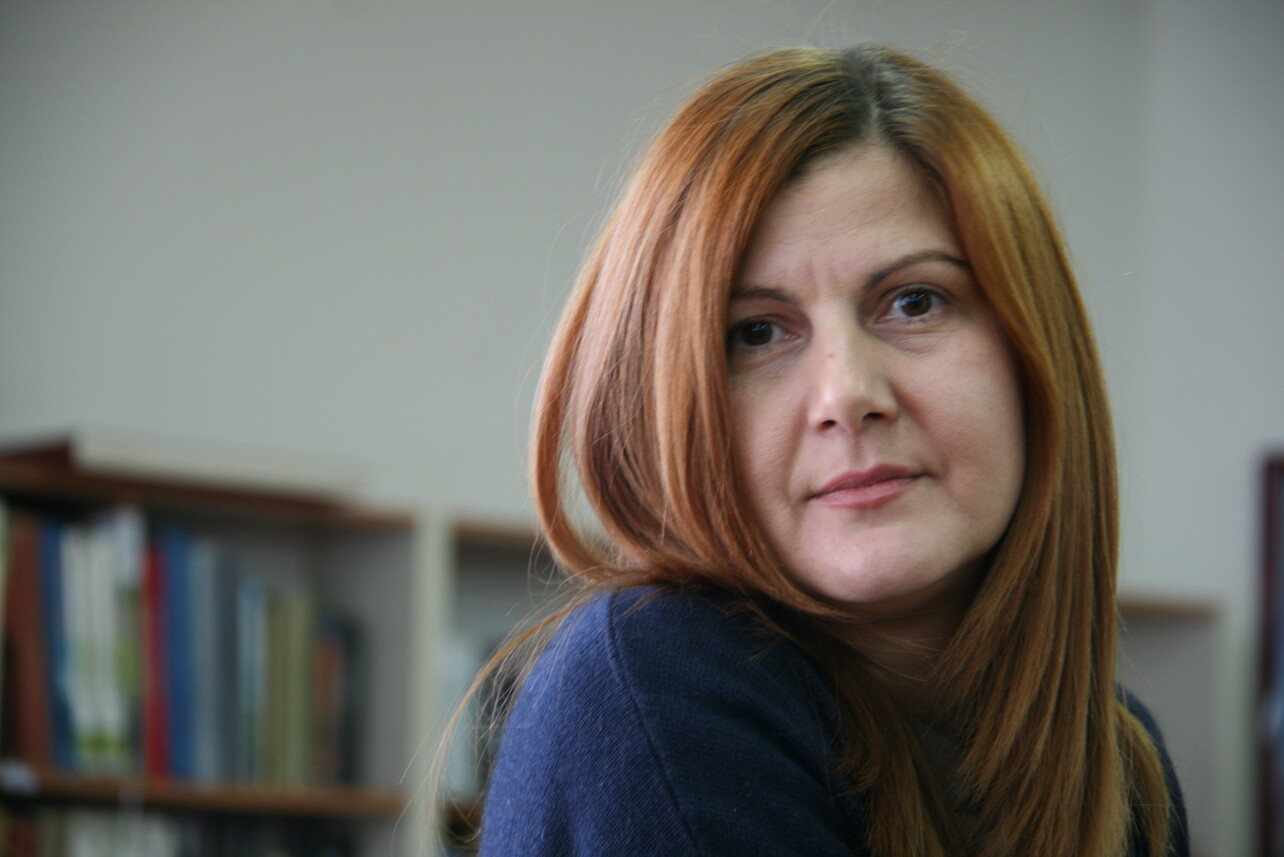Tanja Stupar-Trifunović
area: Literature
Key Facts
nationality
Bosnia and Herzegovinaarea
Literatureresidence
Banja Lukarecommending institution
BMEIAtime period
January 2017 - January 2017Tanja Stupar-Trifunović was born in Zadar, Croatia, in 1977. She graduated from the Faculty of Philology in Banja Luka, B+H, Department of the Serbian Language and Literature. She has published four collections of poetry, one collection of short stories and one novel. She also writes columns and literary reviews. Her poetry has been awarded and translated into English, German, Polish, French, Macedonian, Romanian, Slovene and Danish language. The book of poems O čemu misle varvari dok doručkuju (What Barbarians Are Thinking about While Having Breakfast) was shortlisted for the ProCredit Bank Literature Award for East and Southeast Europe and awarded with one-month stay in Vienna, Austria. The poetry book Glavni junak je čovjek koji se zaljubljuje u nesreću (The Hero is the Man Who Falls in Love with Calamity) won the “Fra Grgo Martić” Literary Award for the best poetry collection in 2009. Her works have been included in anthologies and poetry or prose selections in B&H and abroad.
She won the 2016 European Union Prize for Literature for the novel Satovi u majčinoj sobi (Clocks in my Mother’s Room). The novel was also shortlisted for the NIN Award, the leading Serbian literary prize, and won the Zlatna sova third-place award in 2013 for the best novel manuscript in Serbian language.
She is the editor of Putevi, a journal of literature, art and culture.
Currently I am working on a novel with the working title “Nedostatak” (Shortage) and on a new book of poems.
In short, the novel problematizes the impact of politics on intimacy, the impact of history on human lives, and it examines the possibility or the impossibility of art to break through the skin-deep layers of a mimic life and offer some sort of consolatory redemption for an individual stuck in the obscurity of local reality and illusory possibility of choice. The novel follows two generations of one family, who thanks to different circumstances in which they grew up (socialistic and transitional) see the world and their place in it in different ways. Both possess a distinctive shortage, in which all their aspirations, endeavors and a sense of losing something important merge, all which transfers from one generation to another, making the same feeling of shortage the tightest link inside the family. While constantly attempting “just to survive”, they discover and perceive more and more clearly that, while surviving, somewhere along the way they lost themselves.
I’m working in parallel on my new book of poems, which ought to be published in the current year. Time for writing and work on the aforementioned books would be precious to me, and thereby motivated, I’m applying to your residential program.
Furthermore, I would benefit from this kind of residential program through visits to cultural institutions in Vienna by expanding my knowledge about the work of cultural institutions and apply the acquired knowledge at the institution I work for as a cultural program organizer.
As part of my stay at the residency program '' Artists-in-Residence '' I worked on the my novel entitled "Shortage" and the new book of poems. The novel problematizes the impact of politics on intimacy, the impact of history on human lives, and it examines the possibility or the impossibility of art to break through the skin-deep layers of a mimic life and offer some sort of consolatory redemption for an individual stuck in the obscurity of local reality and illusory possibility of choice. The novel follows two generations of one family, who thanks to different circumstances in which they grew up (socialistic and transitional) see the world and their place in it in different ways. Both possess a distinctive shortage, in which all their aspirations, endeavors and a sense of losing something important merge, all which transfers from one generation to another, making the same feeling of shortage the tightest link inside the family. While constantly attempting “just to survive”, they discover and perceive more and more clearly that, while surviving, somewhere along the way they lost themselves.
During my stay as part of the program I held a lecture entitled: How and why write? And what's the point? I had the opportunity to present my literary work and thinking on this subject to Viennese audience. Sharing experiences and dialogue with the audience were great and interesting. The interpreter was Masa Dabić which excellent translations allow for such a good communication with the audience.
I visited many museums and cultural institutions in Vienna and I was especially interested in their programs and exhibitions because my job in library is organization of cultural events. This experience have been very helpfull, as well as meetings with various artists.



